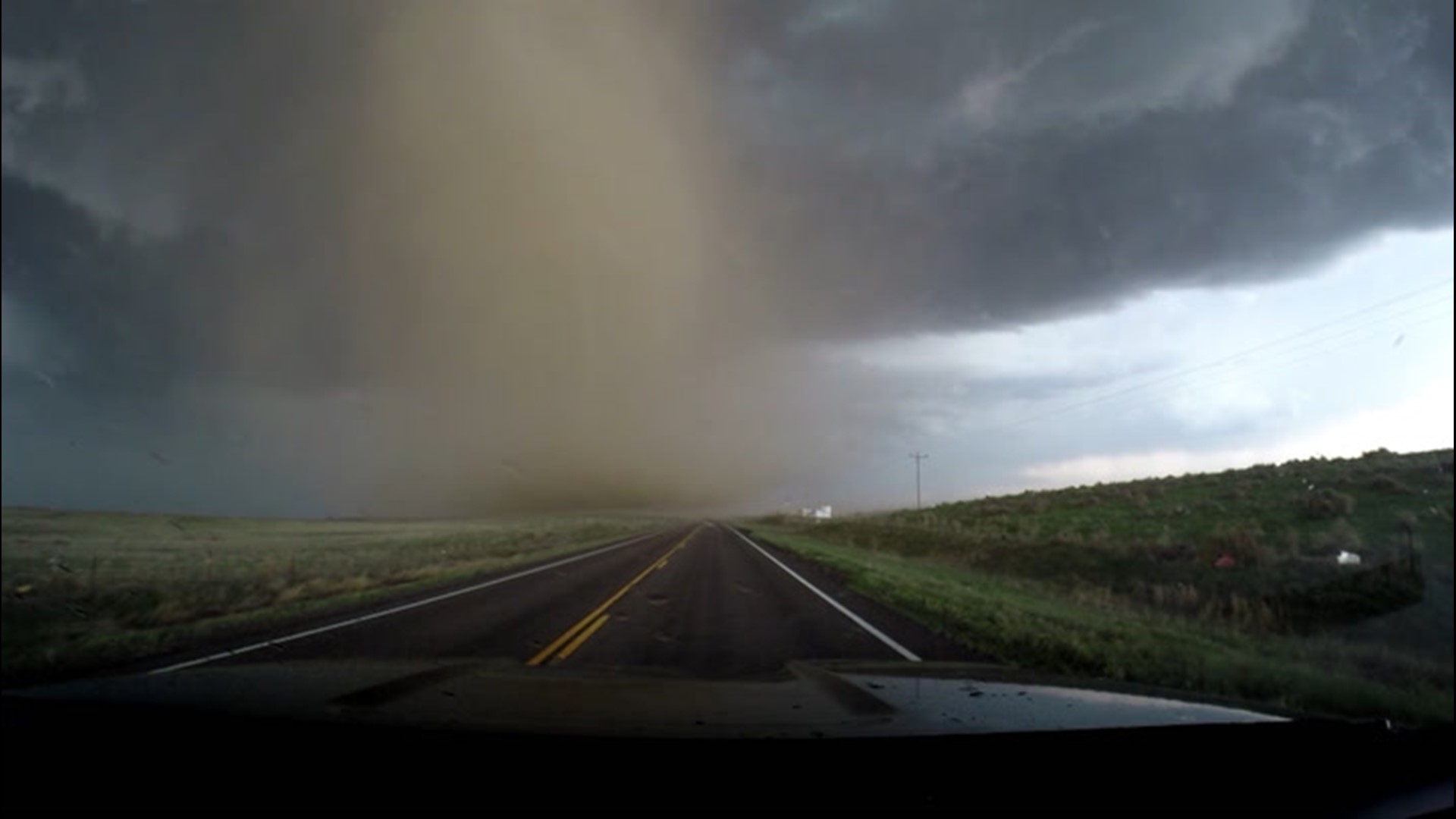When massive wildfires rip through countrysides and send communities rushing into evacuation shelters, social distancing and germ prevention have never been high on the list of things to worry about in years past.
But 2020 has proven to be anything but similar to years past and, just as the coronavirus continues to alter lives, the virus is changing the way people can expect to shelter from wildfires this year.
While the wildfire season, particularly in the southwestern corner of the United States, doesn't have a defined start and end date, large blazes more typically ignite in the summer months. That time frame has given shelter organizers, such as the Red Cross, plenty of time to prepare for the unique summer.
"When there was rumblings in the news about COVID-19, the Red Cross really put its focus on 'Well, we know that during the summer months whether it's a hurricane or a wildfire that these disasters will be coming, so things could look different for us so how do we get prepared?' And over the last several months, that's exactly what we've been doing," Nicole Maul, a spokesperson for the Red Cross, told AccuWeather.
New shelter locations, such as dorms and hotels, are also being considered for shelters this year as a way to address social distancing concerns. When fires threaten densely populated areas, such as in Southern California, hundreds of families are often forced to evacuate. According to Maul, opening additional shelters and finding alternate sheltering options has been one of the most important priorities for the Red Cross this season.
In order to maximize public safety, the Red Cross partners with local government partners to not just assist where help is needed, but to also assist in how to help those affected.
To best do that, Maul said coronavirus-related sheltering conversations had to start months ago.
"It's having that conversation and building those partnerships before a disaster. Now COVID-19 changes the way we approach things, we have additional safety protocols, but it really isn't changing our level of care," she said. "We know what our job is and that's really to take care of people who have been affected by disaster. It may be a little bit harder being in a global pandemic, but it makes our mission probably more important now than ever."
Even more importantly than having shelters prepare for safe evacuations this year, Maul said families need to take the time to review strategies while there's still time.
Thousands have already faced these dueling disasters in late spring and early summer when they were forced to flee their homes during mandatory evacuations as fires charred across California and Arizona. Several historic blazes continued to burn out of control across Arizona on Tuesday.
Mandatory evacuation orders are often a last resort for officials to keep people safe from disasters and with the rapid nature of wildfires, residents in commonly threatened areas need to be ready in a moment's notice. For families that may have members that are higher-risk for COVID-19, knowing the updated plan for this year's possible evacuations might be life-saving.
Maul said that many people who ordinarily would include staying with family as part of an evacuation contingency may have altered normal plans this year due to social distancing measures. "And so now their evacuation plan may now include coming to the Red Cross," she added.
"It'll be something we're definitely paying attention to. But we're ready if there is an influx to meet the needs of people who have been affected because you know disasters can be scary and so anything that we can do to help make it easier for those folks who have been affected is exactly what we're going to do."
Along with double-checking and updating the evacuation plan, families can ensure their safety by storing up on needed first aid items or even face masks, especially if stores are less accessible than usual due to pandemic precautions.
"Now is as good of a time as ever to think about your emergency plan," Maul said. "In case you were needing to be evacuated, does your plan as a household still make sense during COVID-19? Does your emergency kit need to be replenished or updated with some additional things like maybe a few extra face masks or updated documents? Now is really that time."
As Maul pointed out, disasters don't care about the current pandemic situation or how severely an area has been affected. More than ever before, Maul insisted that people need to not only prepare themselves, but share the potentially life-saving evacuation information with their loved ones.
"Disasters aren't looking at your address, your age, your gender, where you're from, they just happen and so we want to make sure that people still know that the Red Cross is a safe place for them to come to," she said. "Politics aside, we're just here to take care of people and so we want to do that in the best way possible."

